Submit feedback
Pharmaceutical Intermediates Waste Gas Treatment Suppliers
Hangzhou Dry Air Intelligent Equipment Co., LTD is a professional and . With a world-class team of research and development, marketing and service engineers, we have been researching and developing cutting-edge technology in environment and air treatment industry, our products are widely used in aviation, environmental protection, lithium battery, food, architecture, pharmaceutical, and many other industries, moreover, we have experience of providing integrated solutions and technical support for large satellite launch base, important cabin of Chinese Navy vessels, Chinese Army's warehouses. The company which was founded in 2004, is located in Qingshan science and technology industrial zone in the west of Hangzhou, covers an area of 25000 square meters and has more than 200 staff.
Company Honors
Zhejiang manufacturing certificate
Certificate of Integration of Informatization and Industrialization
CE Certificate
Innovation Fund
Refrigeration and air conditioning industry governing unit
Specialized and Specialized
Excellent Science and Technology Enterprise of Zhejiang Province
Member of Hangzhou Environmental Protection Industry Association
Excellent cooperation unit
ZJU Cooperation
Outstanding Innovation Unit
Key Incubatees
Industry knowledge
are chemical compounds used in the production of active pharmaceutical ingredients (APIs). The manufacturing process of pharmaceutical intermediates often involves the use of volatile organic compounds (VOCs), which can result in emissions of organic waste gases that are harmful to the environment and human health. Treatment of these VOCs is essential to prevent their release into the atmosphere. Here are some advantages of pharmaceutical intermediates VOC organic waste gas treatment:



 English
English 简体中文
简体中文



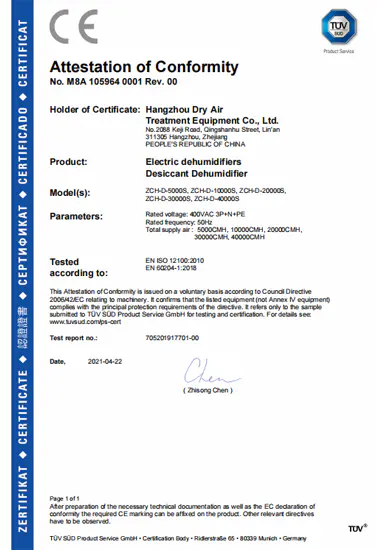
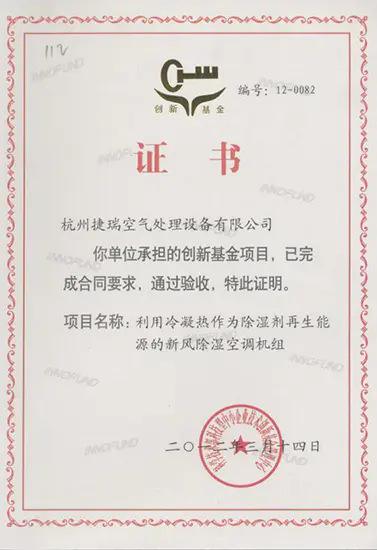


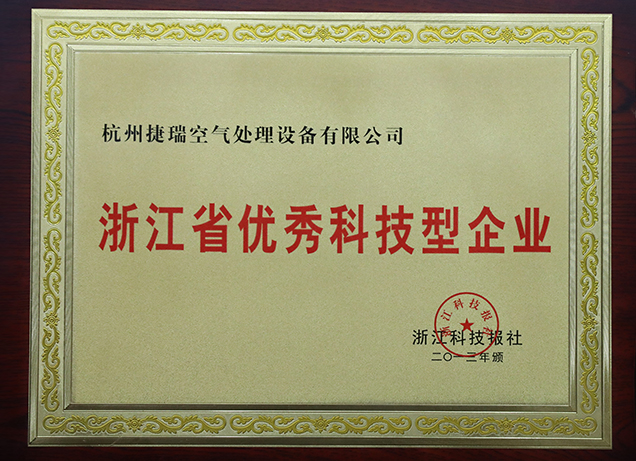
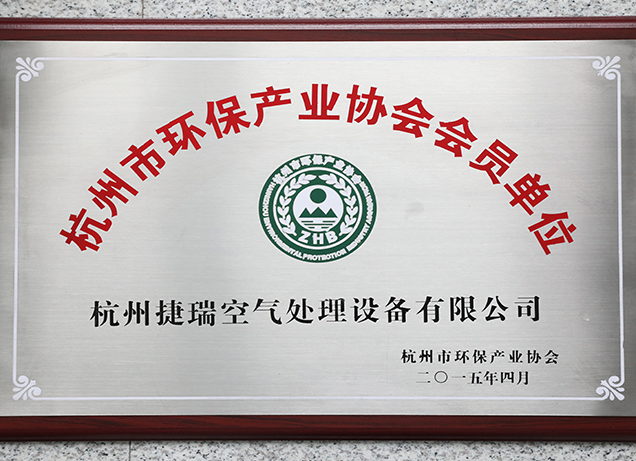
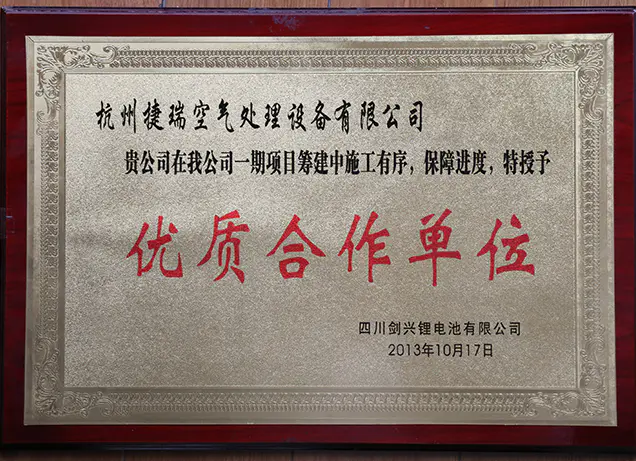
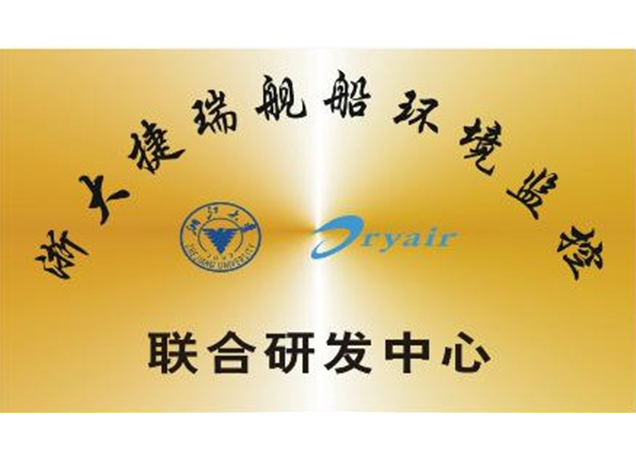
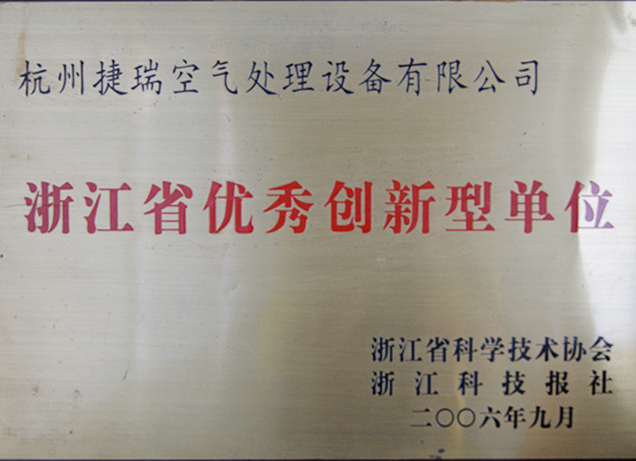
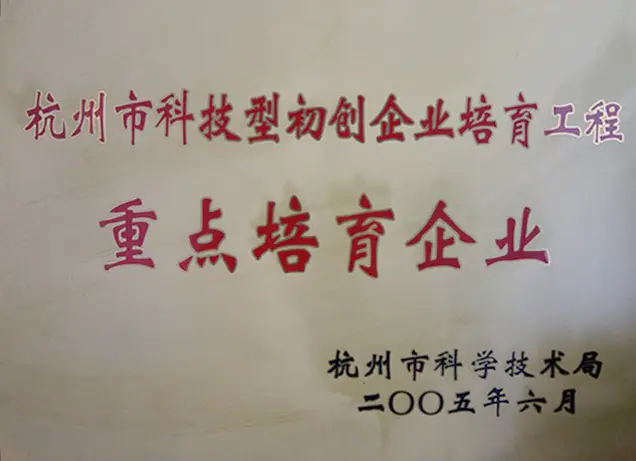

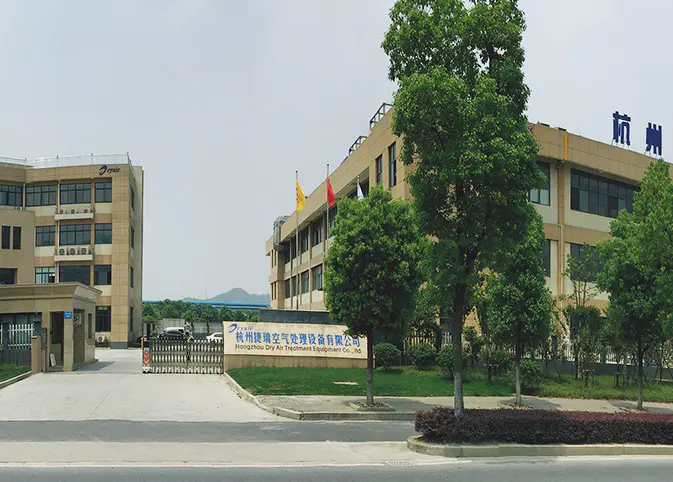

 View All
View All